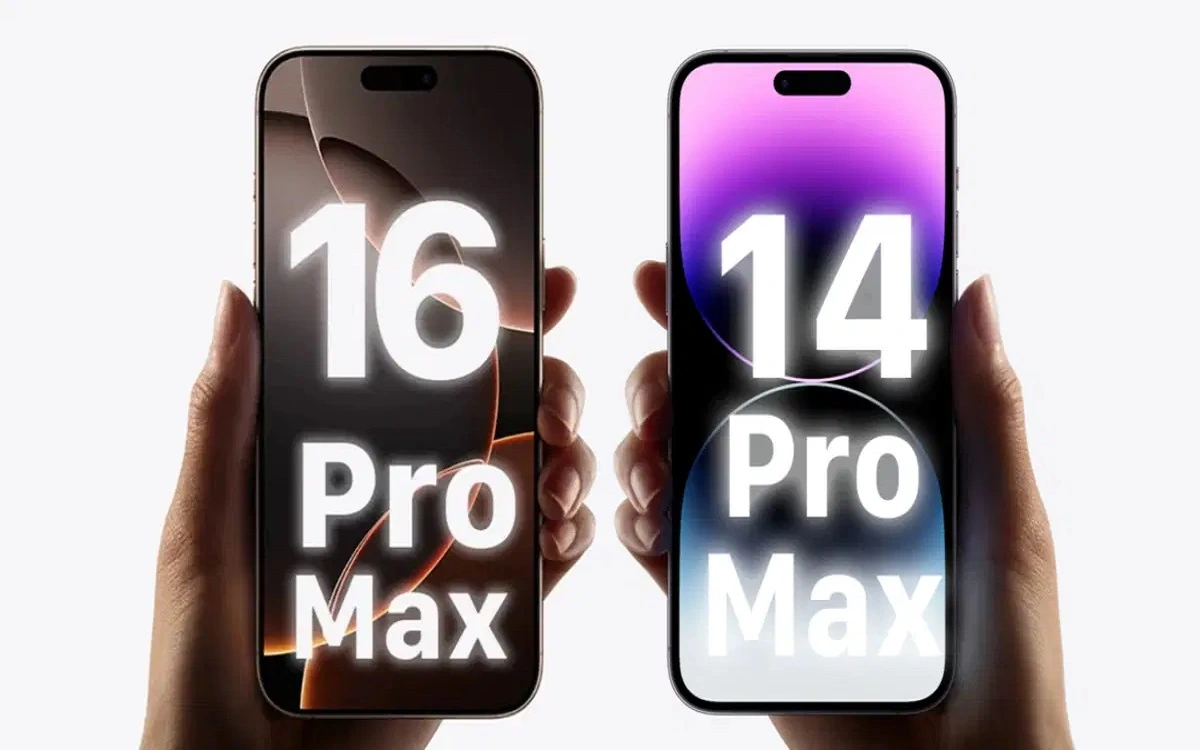Apple (NASDAQ: AAPL), which restricts app developers from utilizing in-app payment mechanisms other than its own, including a 30% commission, violates state competition rules, according to a Californian court.
On April 24, the Ninth Circuit of the United States Court of Appeals published its ruling in the legal battle between Apple and Epic Games, the developer of the video game Fortnite.
The court upheld a 2021 decision by a lower court that determined Apple’s anti-steering provision was bad for Epic. Because of Apple’s anti-steering regulations, iOS developers are not allowed to share information regarding out-of-app purchase choices via specific channels, such as in-app links.
Related: Everybody Hates GM’s Decision To Kill Apple CarPlay and Android Auto For Its EVs
The decision, according to Tim Sweeney, the founder and CEO of Epic Games, “frees iOS developers” by allowing them to direct customers to other payment alternatives, he tweeted on April 24.
Fortunately, the court's positive decision rejecting Apple's anti-steering provisions frees iOS developers to send consumers to the web to do business with them directly there. We're working on next steps.
— Tim Sweeney (@TimSweeneyEpic) April 24, 2023
In many matters, the court is with Apple so the tech giant isn’t successful in its mission and claim. In 2020 August they claimed that Epic Games should not be a part of or subject to the anti-steering clauses the reason behind this was Apple rejected the account of Epic Games IOS developer.
By using the “balancing test” for consumer lawsuits & “tethering test” for rival lawsuits, the court stated that Epic Games would’ve made more amount of money since then if the policy of Apple had not been in place & found the clause of anti-steering to be “not fair” in the under of these standards.
The court reexamined Apple’s anti-steering and discovered that consumers would have gone directly to Epic Games if they had realized that it had a commission rate that was far lower than Apple’s 12% as opposed to 30%.
Because they won’t be subject to Apple’s 30% levy, developers of crypto and nonfungible token applications stand to gain if Apple doesn’t appeal the decision.
One of the most current cryptocurrencies to enter into the App Store is Uniswap, despite Apple first had decided to delay its release in March.
New anti-monopolistic rules adopted by the European Union a little more than two months ago demand that Apple make third-party app stores available on its devices so that customers may avoid paying 30% fees to Apple.
But in December, Apple stopped NEFT transfers made using Coinbase’s self-custody wallet, they claimed that it was authorized to “collect thirty of the gas fee” through in-app purchases.
Source: Cointelegraph




